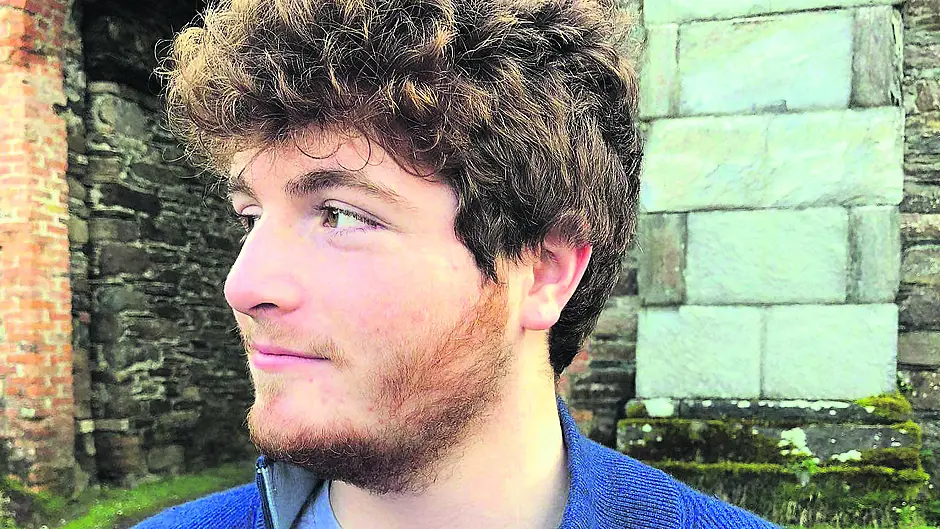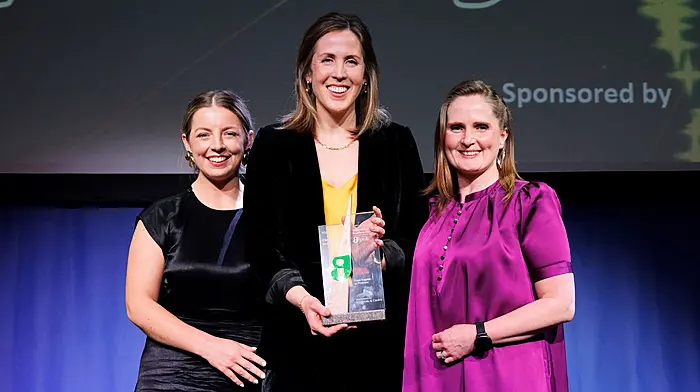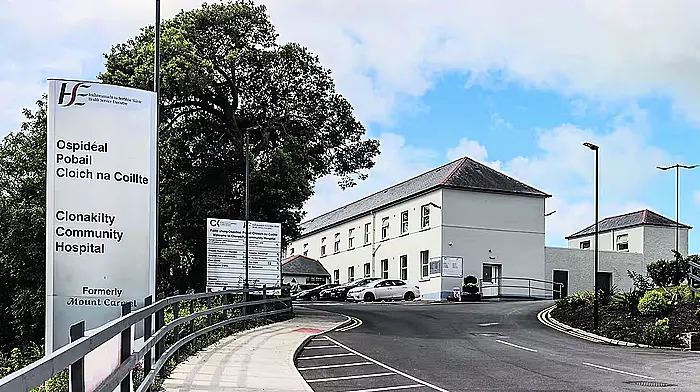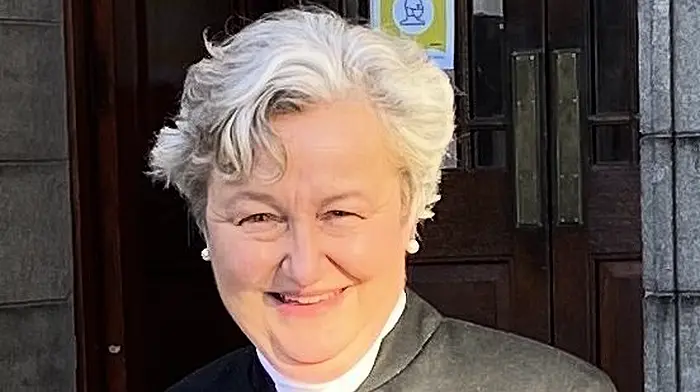BY CAMMY HARLEY
BANTRY-based Malachy Reynolds is just about to graduate from UCC after studying maths there for four years and has a promising career and future ahead of him.
Not only has Malachy been awarded a prestigious scholarship through the Martingale Postgraduate Foundation to get his doctorate in maths at Kings College London, but has also been awarded a place on UCC’s Ignite initiative. The Ignite programme is open to recent graduates who have passion and ambition to work on a scalable start-up idea that shows potential for economic, environmental or social impact.
Malachy’s initiative, a start-up company called Quantifold, has been awarded funding to develop it as a business and it has enormous potential to be of use to many students.
‘Maths is a subject that people have a lot of trouble with and at Quantifold, lessons will be divided into segments and will include primary school, secondary school and university level,’ said Malachy.
‘I hope to employ students who have excelled at maths, physics, and applied maths and who are looking to tutor and who will be able to offer lessons both online and in person. Quantifold will be a bespoke service which will use data analytics to make it function better whereby a student will get automated updates on their progress and predictive next steps that they can take to nudge them in the right direction based on what they are getting right and what they are getting wrong.’
At the heart of Quantifold, which will work on a monthly subscription basis, Malachy hopes to be able to cut back on traditional grinds whose costs are often prohibitive for families and to be able to make maths accessible to everyone.
As Malachy prepares for his four-year maths study in London, he hopes to be able to, not only run the company (which can be done remotely), but also to expand it into the UK while he is based at the heart of London at Kings College.
Malachy’s love and understanding of maths is clearly evident and he is comfortable tutoring students from primary school right up to university level.
‘Maths is special because its like a monument that you can build that doesn’t break,’ he said. ‘Maths from the 1600s is just as relevant today as it was then. All the mathematical geniuses from Isaac Newton to Leonhard Euler and Carl Friedrich Gauss are just as relevant today as they were 700 years ago. If we make the same assumptions, we get the same conclusions they got, even though they may be packaged slightly differently today.’









